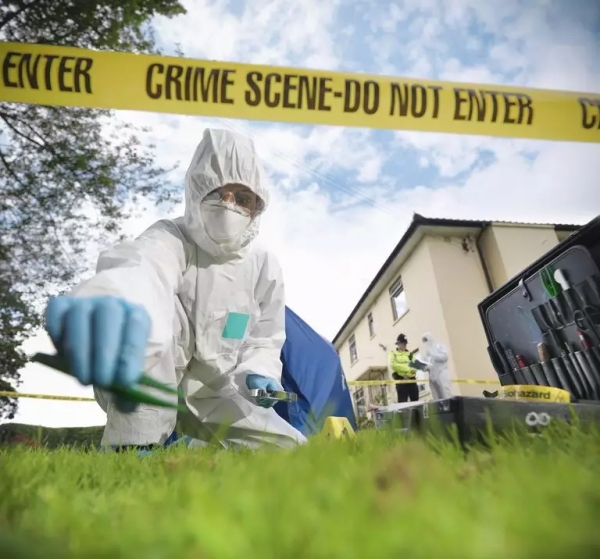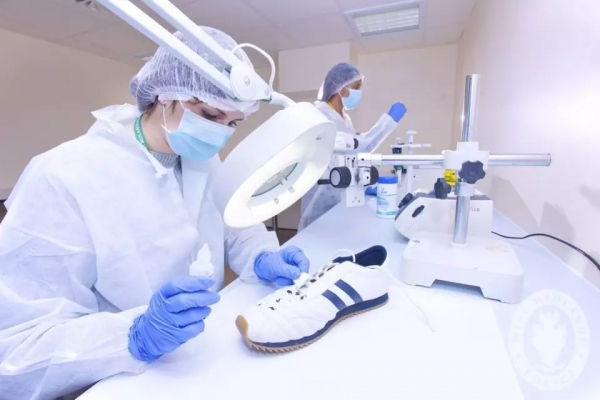
 Data Structure
Data Structure Networking
Networking RDBMS
RDBMS Operating System
Operating System Java
Java MS Excel
MS Excel iOS
iOS HTML
HTML CSS
CSS Android
Android Python
Python C Programming
C Programming C++
C++ C#
C# MongoDB
MongoDB MySQL
MySQL Javascript
Javascript PHP
PHP
- Selected Reading
- UPSC IAS Exams Notes
- Developer's Best Practices
- Questions and Answers
- Effective Resume Writing
- HR Interview Questions
- Computer Glossary
- Who is Who
What is a Forensic Attorney? How to become one?
A forensic attorney is a specialist who brings a connection between law and forensic science to generate conclusions and bring support to various court cases. The attorney is accountable to study the samples and other evidence which have been found at crime spot. For example hair follicles, fingerprints, or paint scrapings, blood samples, etc. and then uses these findings to help in prosecuting offenders.

General attorneys are collaborated with forensic scientists to solve cases. An attorney who has experience and specializes in forensics is able to personally perform a scientific examination of court cases.
Job Responsibilities

The job responsibilities of forensic attorneys include advising clients on legal matters by using several scientific technologies and principles. They also represent individuals and organization in any legal disputes.
Their duty is to gather substances, objects, bodily tissues, chemicals and impressions from the crime scene personally and then study them well in a lab or office for further use in the case.
The forensic attorney is accountable to spend sufficient amount of researching time with computers and various other scientific instruments to make collect information, deductions, and analyze the specimen.
Some forensic attorneys work in a trial setting whereas others work for a crime lab, legal office or consulting firm.
Qualification & Skills Required

Forensic attorneys should possess strong verbal and written communication skills and must be comfortable in teaching and be persuading others.
He/she should have a good deal of precision and attention to detail which is necessary to analyze and solve problems.
In unpleasant situations, the forensic attorney must remain both analytical and professional -- For example, while viewing crime scenes or working with dead bodies, etc. a background in medicine or law enforcement would also be an added advantage.
Academics Required
He/she must be an expert in both forensic science and law. A minimum of four-year bachelor's degree, a three-year law degree and the successful passing of a written bar examination are required. As of 2013, very few of the universities in the U.S. offer forensic science degrees at the graduation level.
Some firms ask for specialized certification to appoint forensic science attorneys, like the American Academy of Forensic Sciences and American College of Forensic Examiners Institute offer a number of conferences, workshops, and forensic certification programs.

